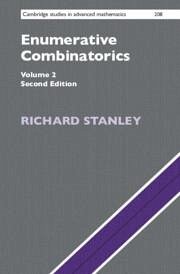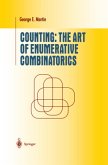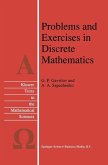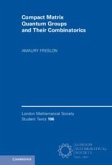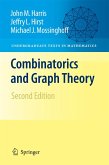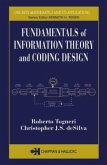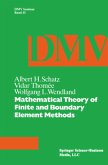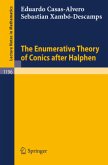Richard Stanley's two-volume basic introduction to enumerative combinatorics has become the standard guide to the topic for students and experts alike. This thoroughly revised second edition of volume two covers the composition of generating functions, in particular the exponential formula and the Lagrange inversion formula, labelled and unlabelled trees, algebraic, D-finite, and noncommutative generating functions, and symmetric functions. The chapter on symmetric functions provides the only available treatment of this subject suitable for an introductory graduate course and focusing on combinatorics, especially the Robinson-Schensted-Knuth algorithm. An appendix by Sergey Fomin covers some deeper aspects of symmetric functions, including jeu de taquin and the Littlewood-Richardson rule. The exercises in the book play a vital role in developing the material, and this second edition features over 400 exercises, including 159 new exercises on symmetric functions, all with solutions or references to solutions.
Hinweis: Dieser Artikel kann nur an eine deutsche Lieferadresse ausgeliefert werden.
Hinweis: Dieser Artikel kann nur an eine deutsche Lieferadresse ausgeliefert werden.

